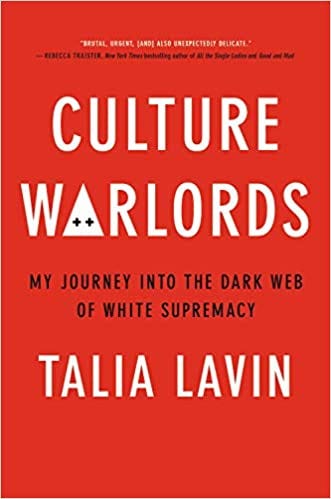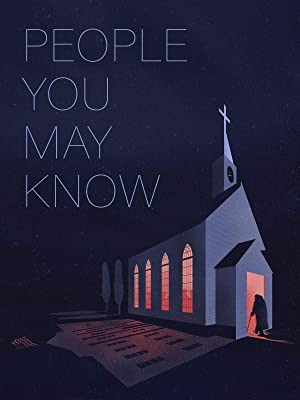Notes on a season in-progress
Research for season 2 of Powers & Principalities has begun.
As we become acclimated to what will be ‘normal’ in 2021—schools and schedules resuming, a responsible presidency and Democratic party working against a Republican party hellbent on obstruction of justice and progress under the bad-faith guise of “unity,” and thousands of deaths a day lost to COVID—against that backdrop I’m also working to settle into a routine developing my podcasts and this newsletter.
I’m in the research phase of the next season of Powers & Principalities, which will focus on white evangelicalism and media. I’ve begun building my reading list, and wanted to share some of it with you:
Shadow Network by Anne Nelson
This book looks at the role of the enigmatic Council for National Policy in shaping our media and politics in the United States. It’s troubling, but it’s the sort of investigative work that makes you reconsider….a lot. It helps explain how the Religious Right and their allies within the Radical Right have been so successful at messaging.
Evangelicals Incorporated by Daniel Vaca
This book looks at the evangelical book market. I’ve just begun this one, and I’m looking forward to reading more—especially as a former Christian bookstore employee.
For a long time, evangelical bookstores functioned as a gatekeeper of evangelical orthodoxy—often determining said orthodoxy as much by what books they didn’t carry as what they did. (Could you find Max Lucado on the shelves? Yes. Could you find James Cone? Very likely not.) Now, evangelical publishers flood direct markets like the Amazon Kindle store through things like Kindle Monthly Deal promotions.
Culture Warlords by Talia Lavin
I have this book in my audiobook queue. Given the things we’ve witnessed in the past few years, let alone the past few weeks, no survey of “Christian media” would be complete without looking at the most extreme forms available online.
The People You May Know Documentary
This documentary is available on Amazon, and focuses on Cambridge Analytica’s work developing a microtargeting strategy for US churches, with the intent of radicalizing them.
These are the works currently on my radar, and my research will likely expand outward from here.







These are interesting books you are looking at, but they all seem to feed into a narrative where Evangelicals and other conservatives of the "far-right" are best understood as dupes or willing participants in subversive conspiracies. While there is a lot of truth to that view, it can serve as a wedge and a mallet to deepen the divide, and I question the analytical value of blame, shame, and scapegoating — especially of people who dominate police and military forces. I wonder what other analyses there may be and what might be gained by refusing to mirror the neo-McCarthyism of the right. Surely there are some authors exploring that path?